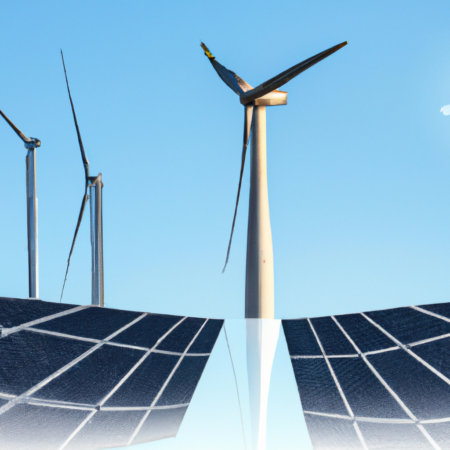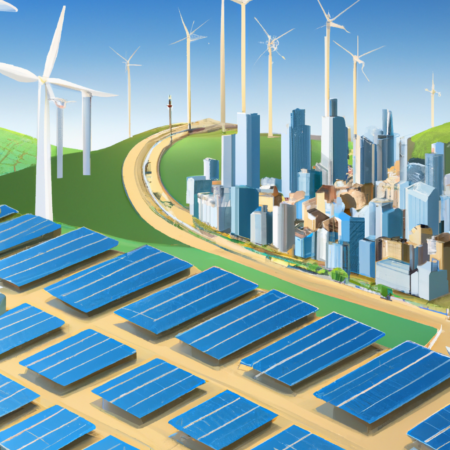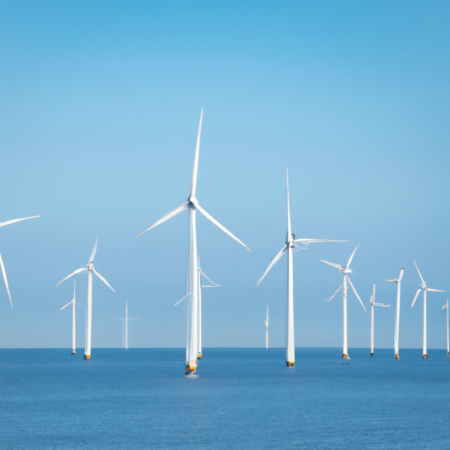Navigating the Winds of Change: The Rise of Renewable Energy in 2025
As we move deeper into the decade, the global energy landscape is undergoing a remarkable transformation. The shift towards renewable energy, which began years ago, is now accelerating at an unprecedented pace. In 2025, several factors are contributing to this rapid change, reshaping how nations power their economies and individuals live their lives.
The Driving Forces Behind Renewable Energy Growth
Government policies, technological advancements, and societal demands for sustainability are the primary catalysts for the surge in renewable energy usage. Countries around the world are setting ambitious targets to reduce carbon emissions and are implementing supportive policies that encourage investments in renewable technologies.
Technological innovations have also played a crucial role. Solar and wind energy technologies have seen significant improvements in efficiency and a decrease in production costs, making them more competitive with traditional fossil fuels. Moreover, the development of better energy storage solutions is resolving intermittency issues associated with renewable sources, further bolstering their adoption.
Impact on Economy and Employment
The renewable energy sector is proving to be a significant economic driver. In 2025, it is not only leading to the creation of jobs but is also stimulating economic activities in various related sectors, including manufacturing and services. The global shift towards green energy is fostering new industries and opportunities, from electric vehicle production to green building projects.
Global Trends and Predictions
Experts predict that by the end of the decade, renewable energy will constitute a substantial portion of the global energy matrix. The current trends indicate that solar and wind energy could dominate the renewable sector, with countries like China, the USA, and members of the European Union leading in implementation. The international community’s commitment to the Paris Agreement and subsequent climate actions are pivotal in this energy transformation.
As renewable energy becomes mainstream, its impact on global geopolitics and trade patterns is also becoming more apparent. Energy independence is becoming increasingly achievable for many nations, reducing their reliance on oil-rich countries and reshaping global power dynamics.
Looking Ahead
As we continue through 2025, the focus on renewable energy is not just about adopting new technologies but also about integrating them into daily life and ensuring they contribute positively to environmental conservation and economic stability. The future of energy is not just greener but also more sustainable and inclusive, promising a better world for future generations.






